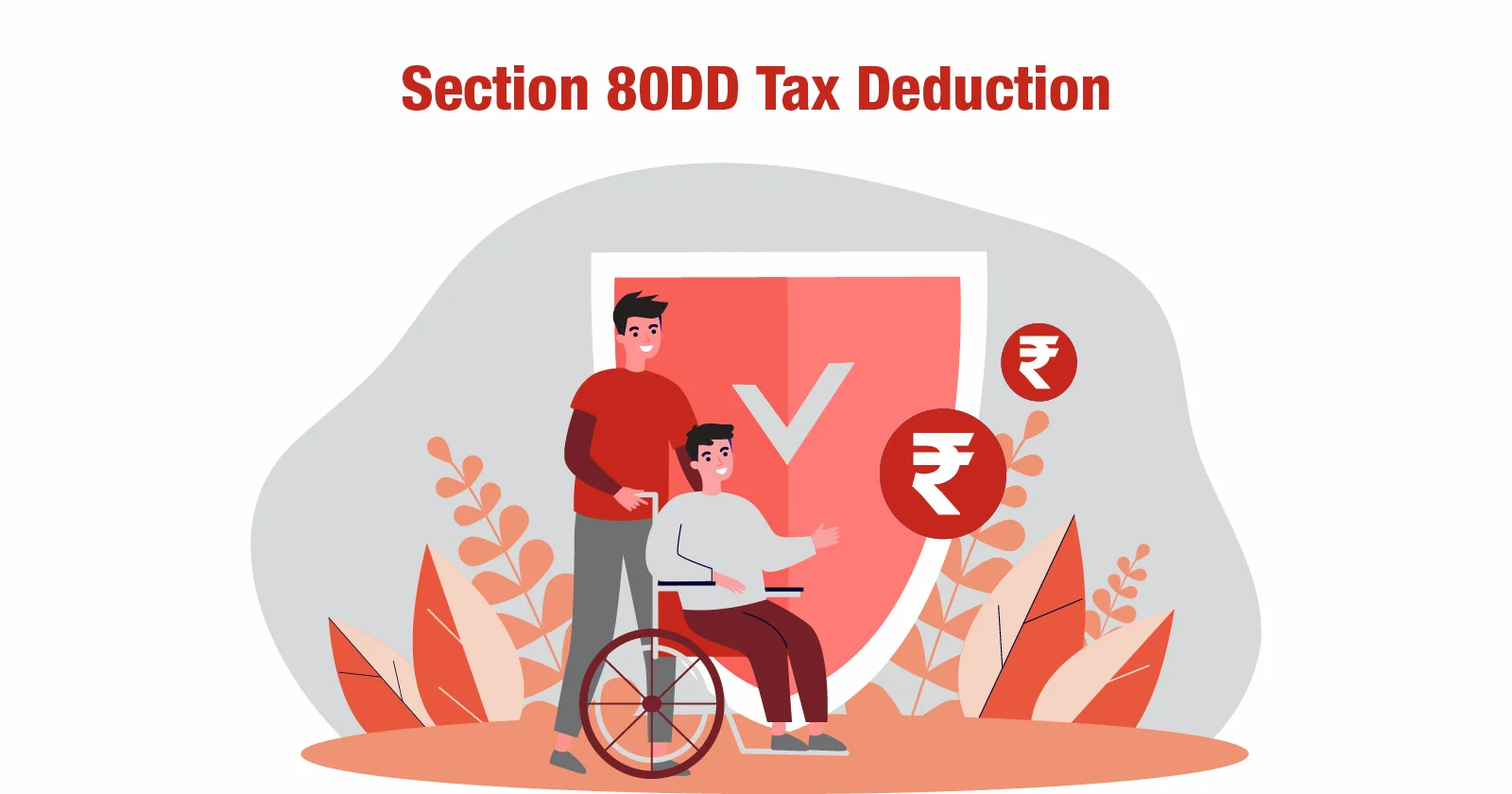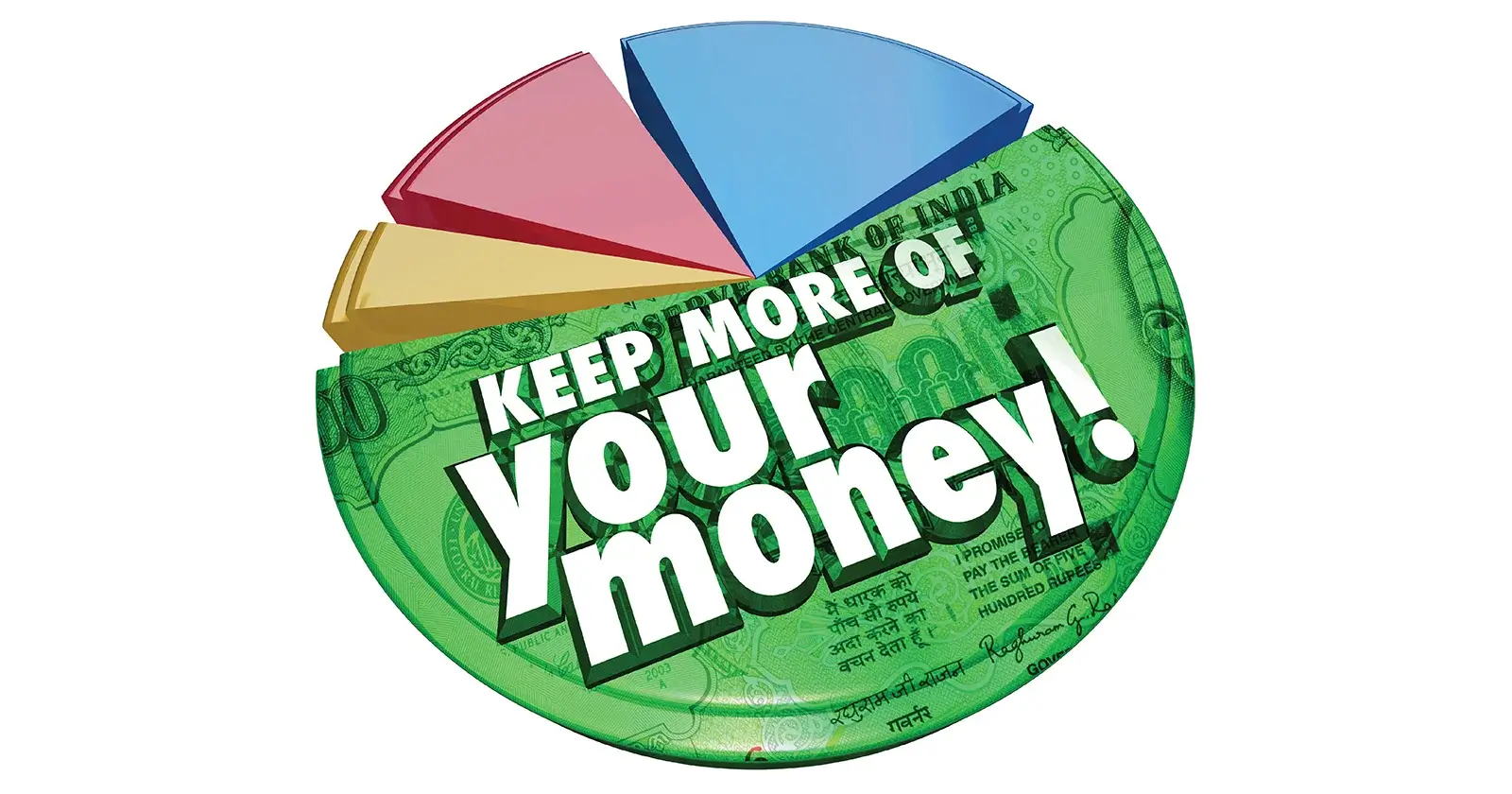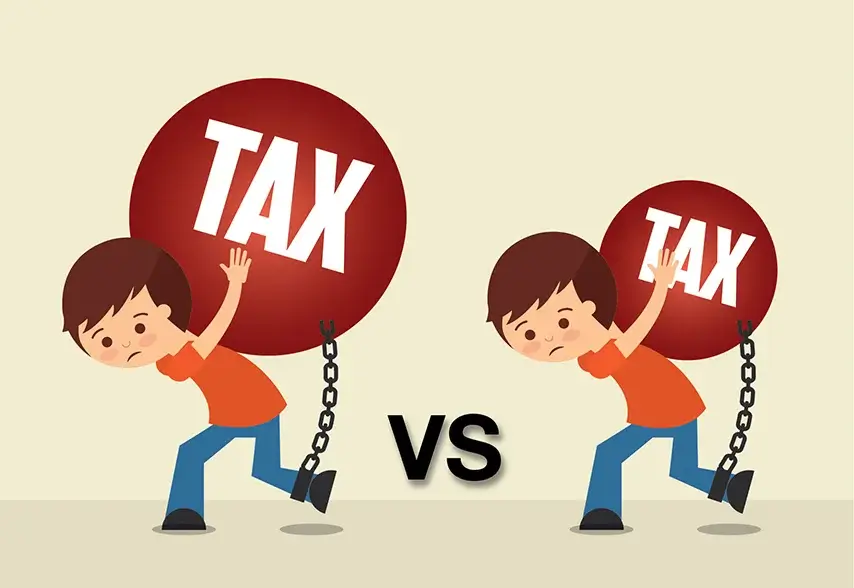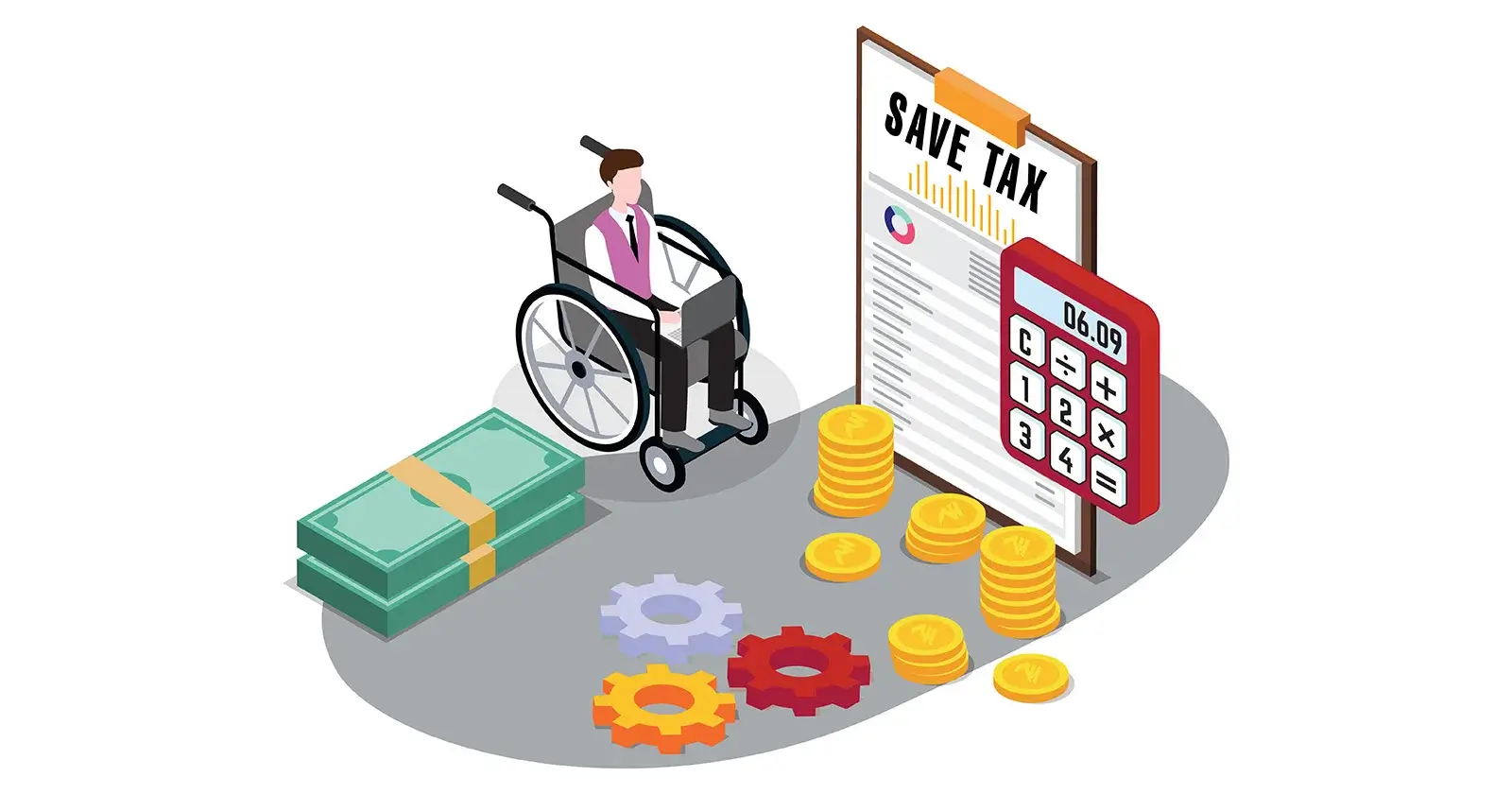Eligibility to Claim Deduction under Section 80DD
You must meet the following requirements before you can claim the deduction under section 80DD:
- You must be an Individual or a Hindu Undivided Family (HUF) residing in India.
- Non-Resident Indians (NRI) are not eligible for this deduction since many foreign countries provide medical treatment to their own citizens.
Conditions to Claim Deduction under Section 80DD
In order to qualify for this deduction, you must meet the following conditions:
- Dependents of the taxpayer are entitled to a deduction, not the taxpayer himself.
- The taxpayer cannot claim this deduction if the dependent has claimed a deduction under Section 80U for himself or herself.
- A taxpayer's dependents include his or her spouse, children, parents, siblings, and parents. When it comes to a HUF, it means a member of the HUF.
- In the case if the taxpayer has paid for medical treatment (including nursing care), training, and rehabilitation of the dependent who is differently-abled, or the taxpayer has paid into a life insurance policy for the dependent's maintenance.
- Dependent has a disability of at least 40%.
- Those with disabilities are defined by Section 2(i) of the Persons of Disabilities Act, 1995.
Who Qualifies as a Disabled Dependent ?
According to section 80DD, a person can qualify as a disabled dependent under the following circumstances, and thus the person's caretaker can claim the income tax deduction:
- A disabled dependent can include the taxpayer’s spouse, son or daughter (or any child), parents, as well as siblings (brother or sister).
- For Hindu Undivided Families (HUFs), any disabled member of the HUF can be considered a disabled dependent.
- For the disabled individual to be supported as well as maintained, they must depend entirely or mostly on the taxpayers.
- Additionally, the deduction should not be claimed under Section 80U.
Type of Disability or Severe Disability Eligible under Section 80DD
According to the "Persons with Disabilities (Equal Opportunities, Protection of Rights and Full Participation) Act, 1995," disability is defined in clause (i) of section 2 as well as by clauses (a), (c) and (h) of section 2 of National Trust for welfare of Persons with Autism, Cerebral Palsy, Mental Retardation and Multiple Disabilities Act, 1999. The following disabilities are included:
- Low vision
- Blindness
- Autism
- Cerebral palsy
- Locomotor disability
- Mental illness
- Leprosy-cured
- Hearing impairment
- Cognitive or severe mental disabilities
- Or multiple disabilities
A person cannot have less than 40% of any of the above disabilities. In cases of severe disability, 80% or more of the above illnesses or disabilities are considered.
Documents Required to Claim a Tax Deduction under Section 80DD
To claim tax benefits under Section 80DD of the Income Tax Act, 1961, the following documents must be submitted:
- Medical Certificate - When claiming the deduction from a government hospital for the mentioned disabilities, one must provide a medical certificate. Dependants should have a document certifying their disability and that of the person they are depending upon. The certificate must be renewed on a regular basis.
- A form 10-IA must be filled out and submitted by individuals suffering from Autism, Cerebral Palsy, or multiple disabilities. For individuals suffering from severe mental illnesses and other disabilities, there are two alternative formats to the one mentioned earlier.
- Self-Declaration Certificate - Individuals must also submit a self declaration that is signed and certifies the expenses incurred for the disabled dependant's medical treatment, including nursing care, rehabilitation and training.
- Receipts of Insurance Premium Paid - The receipts for the expenses of disabled dependants do not need to be preserved. But the actual receipts need to be provided if a deduction is claimed for a payment made to any insurance company in order to receive plans or schemes for the maintenance of a disabled dependent.
Section 80DD: Conditions for Tax Deduction
To qualify to claim tax deduction under Section 80DD the following conditions must be fulfilled:
- To claim the deduction, one must present a hard copy of the medical certificate issued by the central or state government medical board.
- The insurance policy must be in the name of the tax assessor and it should be a life insurance policy, not a health insurance policy. In the case of your untimely death, you may be able to provide a simple lump sum amount or an annuity to your disabled dependent.
- In the event that the disabled dependent dies before the taxed amount, the policy amount is returned to him or her; therefore, it would be treated as income and thus taxable.
Where to Get a Medical Certificate for a Disabled Dependant?
Tax law allows the following people to help you obtain a medical certificate for section 80DD deductions:
- Neurologists with a Doctor of Medicine (MD) degree in Neurology or Pediatric Neurologists with a similar degree.
- Civil Surgeons or the Chief Medical Officer (CMO) of any government hospital.
Deductions under Section 80DD
In cases where the above conditions are met, the amount of deduction is –
- For those with disabilities over 40% but under 80%, tax deduction of Rs 75,000 can be claimed (starting with 2016-2017).
- For disabilities greater than 80%, tax deduction of Rs 1,25,000 can be claimed. (Starting from 2015-16).
- Regardless of your actual expenditures, these deductions are allowed.
- Note that before the Financial Year 2015-16 (FY 2014-15 & previous years) - Deductions were limited to Rs 50,000 for disabilities exceeding 40% and Rs 1,00,000 for disabilities exceeding 80%.
Tax deduction is not influenced by the amount of expenses incurred regardless of whether the real expenses of a disabled dependent relative are less than the amount mentioned above, the tax assessed will be eligible for the full deduction.





Comments